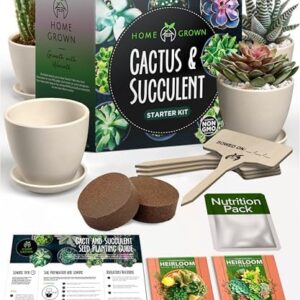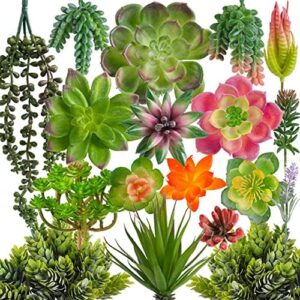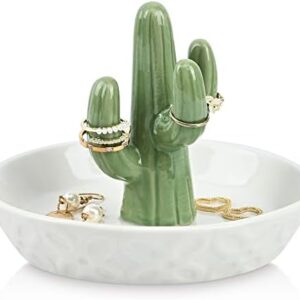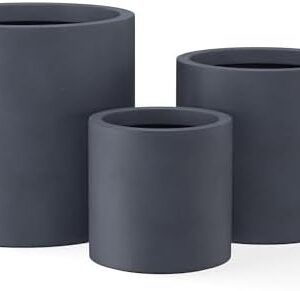When it comes to container gardening, one of the most important factors to consider is the soil mix. The success of your plants largely depends on the quality of the soil they are growing in. However, many people make common mistakes when it comes to building the best container gardening soil mix. In this article, we will discuss some of these mistakes and provide tips on how to avoid them.
One of the most common mistakes that people make when building a soil mix for container gardening is using regular garden soil. While garden soil may be great for planting directly into the ground, it is not suitable for use in containers. Garden soil tends to be too dense and compacted, making it difficult for plant roots to grow and thrive in a container environment. Additionally, garden soil may contain pests, diseases, and weed seeds that can harm your plants.
Instead of using garden soil, it is recommended to use a high-quality potting mix specifically designed for container gardening. Potting mixes are lightweight and well-draining, which creates the ideal environment for plant roots to grow and absorb nutrients. Look for potting mixes that contain a blend of peat moss, perlite, vermiculite, and organic matter for optimal plant growth.
Another common mistake that people make when building a soil mix for container gardening is using too much or too little fertilizer. Fertilizer provides essential nutrients that plants need to grow and thrive, but using the wrong amount can harm your plants. Using too much fertilizer can burn plant roots, leading to stunted growth and nutrient deficiencies. On the other hand, using too little fertilizer can result in weak and undernourished plants.
To avoid this mistake, it is important to follow the instructions on the fertilizer package and use the recommended amount for the specific type of plant you are growing. Additionally, it is recommended to use a slow-release fertilizer that will provide a steady supply of nutrients to your plants over time. This will help prevent nutrient deficiencies and promote healthy growth.
Overwatering is another common mistake that many gardeners make when it comes to container gardening. While it is important to keep your plants hydrated, overwatering can lead to root rot and other fungal diseases. It is important to allow the soil to dry out slightly between waterings to prevent waterlogged conditions that can harm your plants.
To avoid overwatering, it is important to water your plants only when the top inch of the soil is dry to the touch. Use a moisture meter or simply stick your finger into the soil to check for moisture levels. Additionally, make sure that your containers have proper drainage holes to allow excess water to escape and prevent waterlogging.
Choosing the right container size is another important factor to consider when building a soil mix for container gardening. A container that is too small can restrict root growth and lead to overcrowding, while a container that is too large can lead to excess soil moisture and poor drainage. It is important to choose a container that is appropriate for the size of your plant and provides enough room for root development.
When selecting a container, make sure it has proper drainage holes to allow excess water to escape. Additionally, consider the material of the container – plastic containers tend to retain moisture better than terra cotta or ceramic containers. Choose a container that is the appropriate size and material for your specific plant to promote healthy root growth and overall plant health.
In conclusion, building the best container gardening soil mix requires careful consideration and attention to detail. By avoiding common mistakes such as using garden soil, over or under fertilizing, overwatering, and choosing the right container size, you can create the ideal environment for your plants to thrive. Remember to use a high-quality potting mix, follow fertilizer instructions, water appropriately, and select the right container for your plants. With these tips in mind, you can build the best soil mix for your container garden and enjoy healthy, thriving plants all season long.






